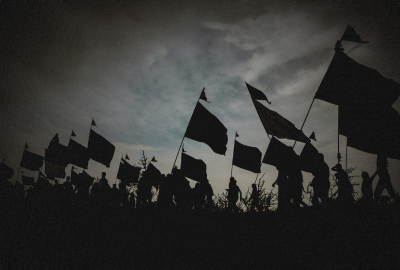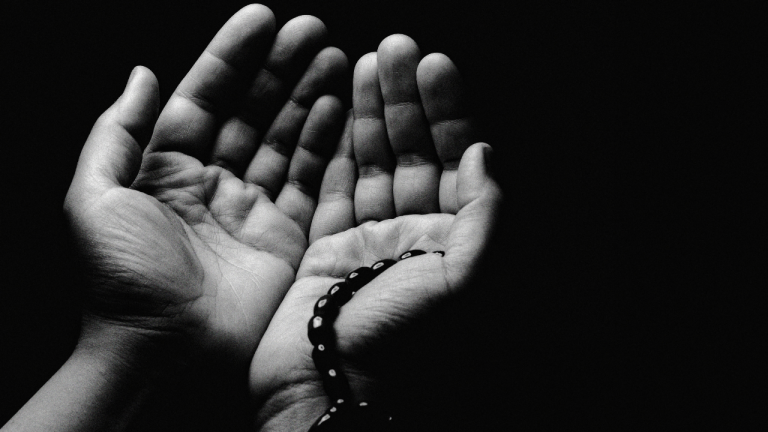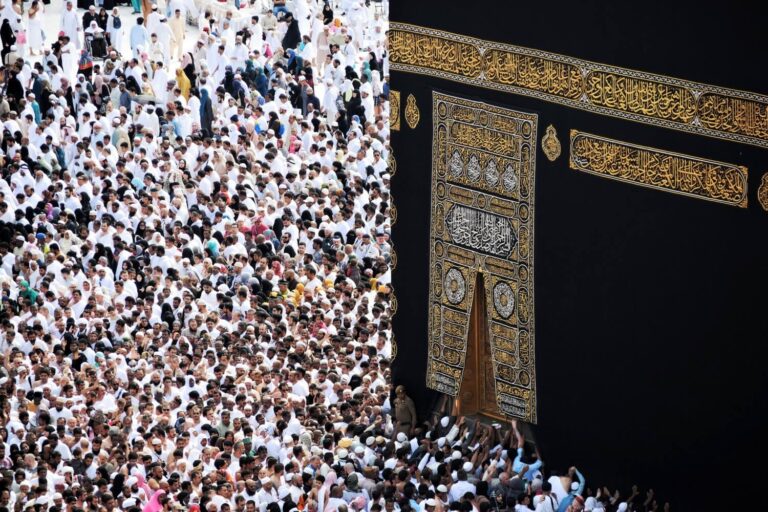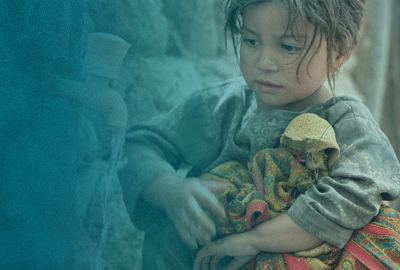Islam’s Message of Anti-Racism: Supporting, empowering and honouring the oppressed
In the pre-Islamic tribal period of Jahiliyyah (ignorance), societal ills such as racism were rampant.

The enslavement of Black, African and dark-skinned peoples was particularly pervasive – any changes to the laws and practices of slavery were bound to upset the general majority of society. With the dawn of Islam and the prophethood of the last Holy Prophet, many formerly enslaved individuals were given highly respected positions within the Islamic society.
Islam’s message of racial justice and equality is clear in the Qur’an and through the actions of the Prophet and his family (SAWA). There is a great condemnation within the teachings of Islam for tribalism, racism, and all forms of prejudice. With the end of Black History Month upon us, we aim to explore and review the Islamic condemnation of prejudice, racism and nationalism that has hindered the livelihood and growth of Black people throughout history.
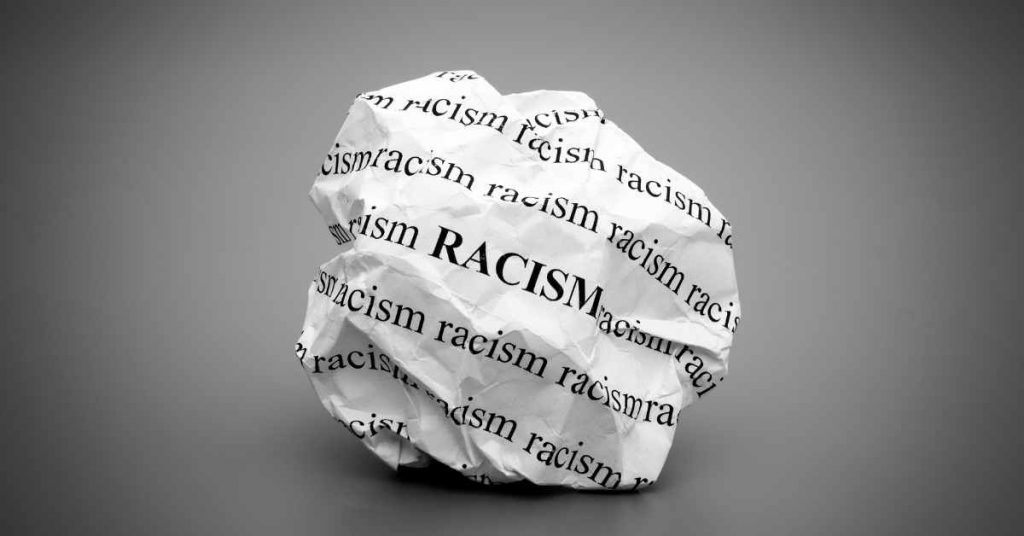
“Righteousness is not that you turn your faces toward the east or the west, but [true] righteousness is [in] one who believes in Allah, the Last Day, the angels, the Book, and the prophets and gives wealth, in spite of love for it, to relatives, orphans, the needy, the traveler, those who ask [for help], and for freeing slaves; [and who] establishes prayer and gives zakat; [those who] fulfill their promise when they promise; and [those who] are patient in poverty and hardship and during battle. Those are the ones who have been true, and it is those who are the righteous.” (2)
While slavery was not fully abolished during the time of the Prophet (SAWA), the Qur’an instructs Muslims to not only free enslaved peoples, but to empower them too. They are to be given rights to property, income, enfranchisement and the general ability to participate in society. Muslims are also instructed to give charity to captives or enslaved peoples, thus empowering them, if they cannot free them.

“O’ Humanity! Without doubt We have created you from a male and a female and have made you into various nations and tribes, so that you may come to know and understand one another. Surely, the best, most honoured among you in the sight of Allah is the one who is the most God-conscious. Surely, Allah has full Knowledge and is All-Aware.” (1)
This verse from Allah (SWT) addresses all of humanity and is one of the verses that addresses critical societal issues in history and in modern times. There is high importance placed on equality between all human beings, regardless of race, gender, ethnicity or ability. The Holy Qur’an continuously denounces all forms of superiority of one human being to another, specifically regarding superficial traits and characteristics.
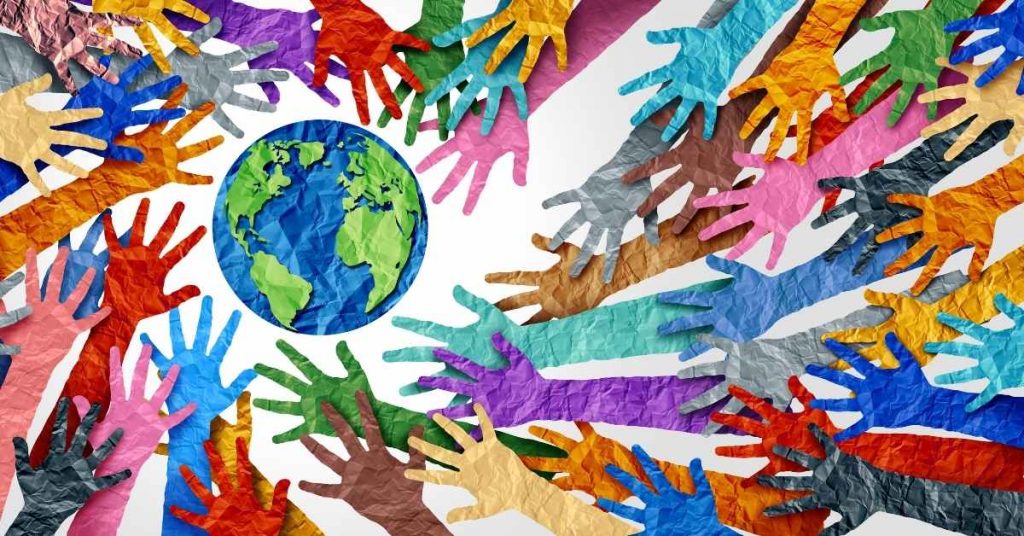
Our fifth Imam Ja’far al-Sadiq (AS) reported from the Prophet (SAWA) who said,
“Whosoever possesses in his heart ‘asabiyyah (prejudice in any of its forms such as tribalism, racism, nationalism) even to the extent of a mustard seed, God will raise him on the Day of Resurrection with the (pagan) Bedouins of the Jahiliyyah.” (3)
This is another clear indication from the words of the Prophet (SAWA) regarding God’s hatred for all forms of prejudice. As mentioned, people during the pre-Islamic era of ignorance were culturally and societally archaic in their knowledge, actions and organization. To be judged with the inhabitants of the Jahiliyyah is a very fearful situation within Islamic tradition.
A final example to bind the anti-racist teachings of Islam and our Holy Prophet (SAWA) is seen through the actions and livelihood of his Ahlul Bayt (AS). Many of the early Imams of Ahlul Bayt (AS) were Arabs by ethnicity. As the lineage of the Prophet (SAWA) continued, it is recorded that many of the wives and mothers of the Imams were not Arab, but Persian, Indian, or African (Inloes, 2014). Many of the mothers of the holy Imams and the Imams (AS) themselves are described through Shi’i narrations as being of African descent and having dark complexions with African features (Inloes, 2014).
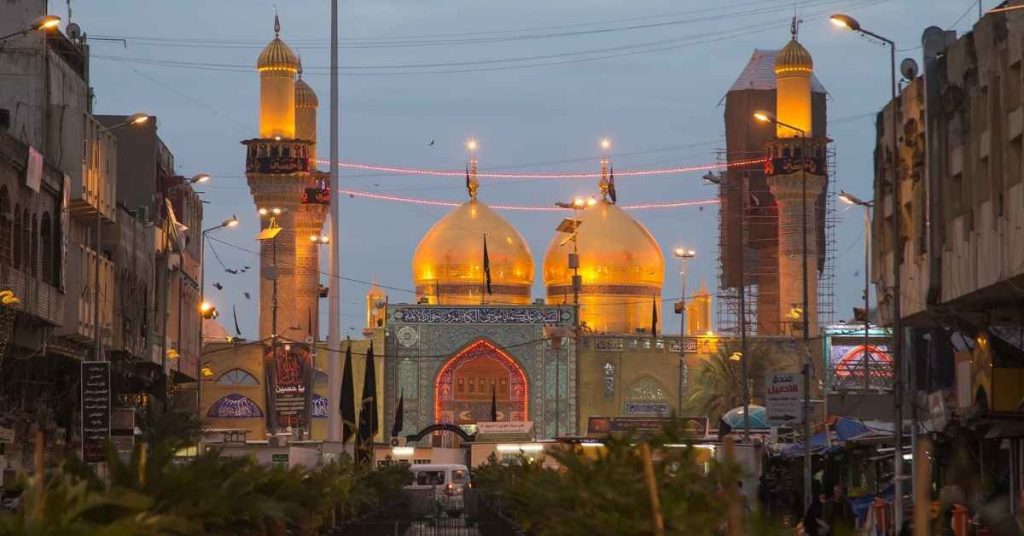
As Shi’a Muslims, the Prophet and his Ahlul Bayt (SAWA) are the best of teachers and examples to follow. It is through their deeds, lifestyles and teachings that we gain closeness to Allah (SWT). In the spirit of the Ahlul Bayt (AS), The Zahra(s) Trust Canada employs Islam’s message of anti-racism, bigotry, hate and prejudice through our campaigns to assist those in need around the world. We work to provide support to those in need without discrimination. To support this cause you can get involved by click here or donating here.
REFERENCES:
- The Holy Qur’an – 2:177
- The Holy Qur’an – 39:13
- Al-Kulayni, Al-Kafi, Vol. 2, bab Al‘Asabiyah, p. 308, Hadith #3
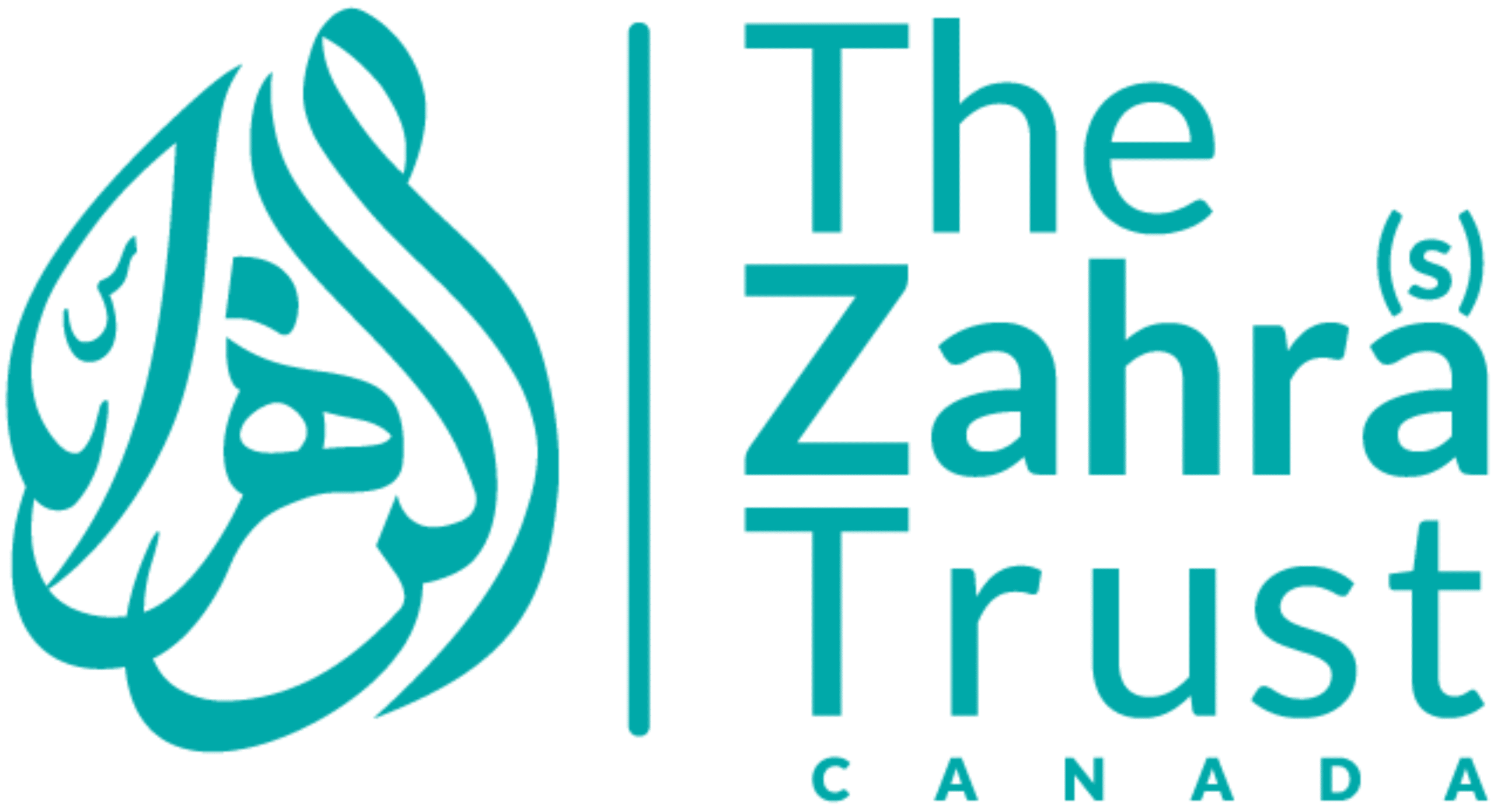

 Donate Now
Donate Now
 Donate
Donate

